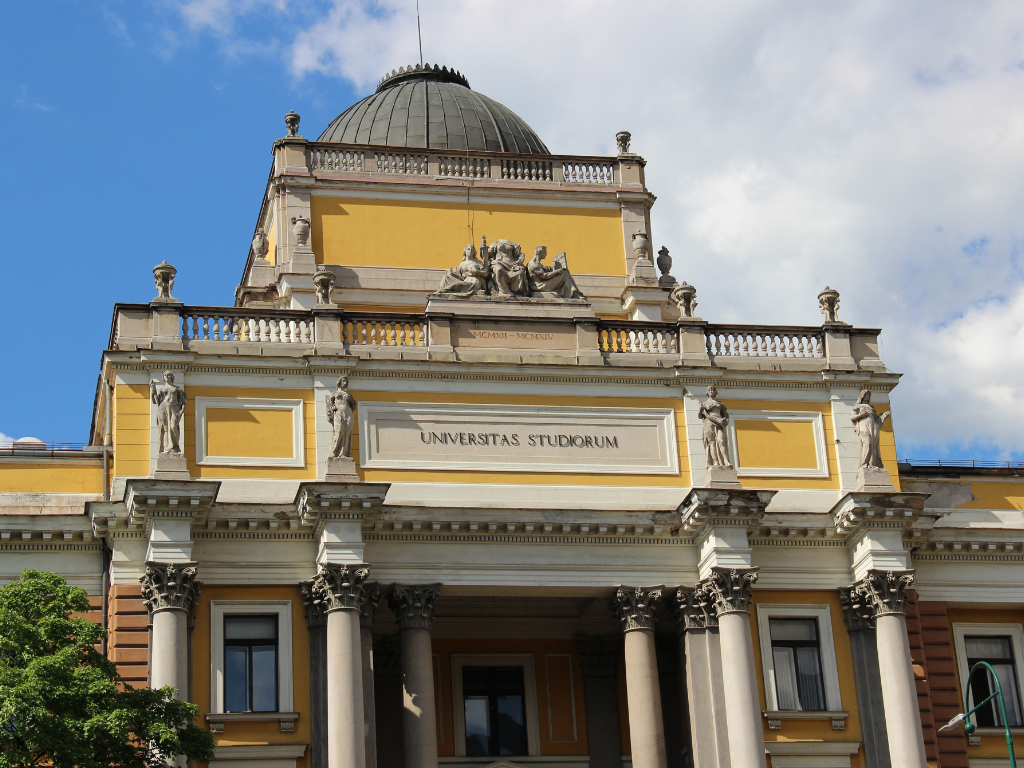Welcome to Sarajevo – a city that’s not only full of charm, culture, and coffee, but also kind to your wallet! Whether you’re coming for a semester or a full year, it’s good to plan your budget before arrival so you can enjoy your time without surprises.
On this page, you’ll find:
✅ Typical monthly expenses
✅ Practical tips on saving money
✅ What you should bring or prepare before arrival
✅ Currency info and payment options
🏠 Monthly Living Costs (approximate)
| Category | Cost (BAM) | Cost (EUR, approx.) |
|---|---|---|
| Rent (shared flat) | 400–500 | 200–250 |
| Utilities & internet | 150–200 | 70-100 |
| Food & groceries | 200–300 | 100–150 |
| Local transport | 50 | 25 |
| Phone/data plan | 20–30 | 10–15 |
| Coffee & fun ☕🍰 | 60–100 | 30–50 |
| TOTAL (avg/month) | 880–1180 BAM | ~440–600 EUR |
Note: Students often spend less depending on their lifestyle and housing options.
💡 Money Tips & Hacks
- Use public transport: Super cheap and covers the whole city. A monthly ticket is around 50 BAM. Student of the University of Sarajevo use it for free upon providing necessary documents.
- Eat local: Try burek, ćevapi, and traditional dishes — tasty and affordable.
- Buy groceries at markets: Fresh and cheaper than supermarkets.
- Cook at home: Most student flats have kitchens.
- Student discounts: Ask at museums, cinemas, and even some cafes.
💱 Currency & Payments
- Local currency: BAM (Bosnian Convertible Mark)
- €1 = approx. 1.95 BAM (fixed rate)+
- You can not use EUR to pay your costs.
- Credit/debit cards work in most places, but cash is still king at open markets, bakeries, and smaller cafes.
- ATMs are everywhere – just check your bank’s fees for international withdrawals.
🧾 Before You Arrive – Budget Checklist
- ✅ Plan for first month’s rent + deposit
- ✅ Budget for residence permit fees (approx. 250 BAM)
- ✅ Have proof of insurance and non-criminal record translated (or plan cost for translation in Sarajevo)
- ✅ Carry some cash (BAM or EUR) for initial days
- ✅ Download currency converter apps (just in case)
🧳 Budget-Friendly Sarajevo = More Fun
Living in Sarajevo is affordable and full of experiences — from stunning mountains and historic neighborhoods to coffee that lasts for hours. So come prepared, spend wisely, and enjoy your time with less stress and more čejf.
Want to ask a student how they manage their budget?
Check out our Buddy Programme – they’ve been there, done that, and probably found the best place for 2 KM coffee ☕.

